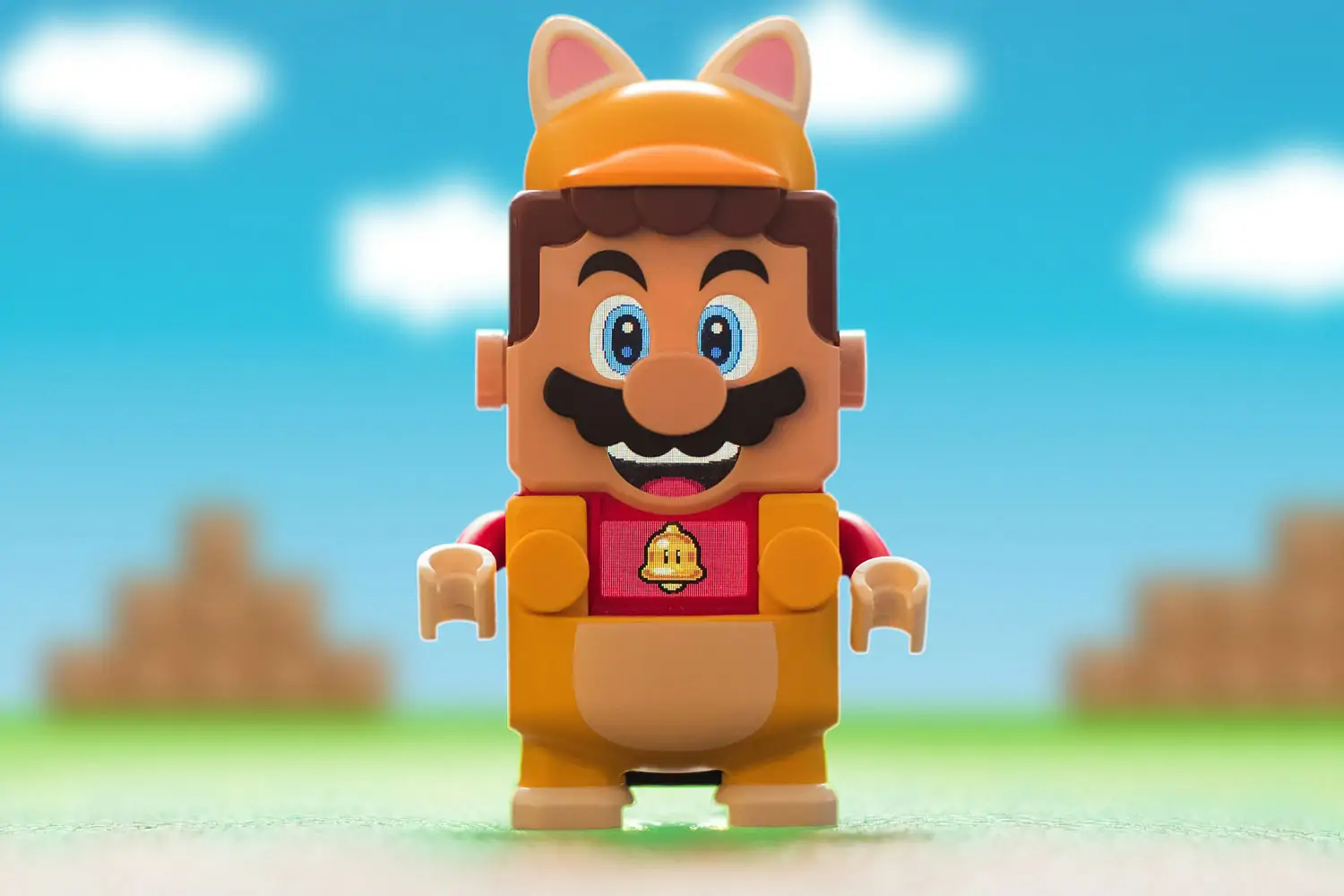Gone are the days of a 5-minute dial up, an hour of connection and a stilted exchange over MSN messenger. Our kids were born into the age of the internet, and for better or worse, they’re used to having the whole world at their fingertips when it comes to information. If you’re anything like me, the idea of keeping your kids safe online might feel completely overwhelming, scary and terrifying. So how can we keep children safe on the internet? Keeping them away from it altogether isn’t an option, but we can limit access and teach online safety. Here’s how.
What are the main safety risks for kids online?
Cyberbullying
Cyberbullying is a major concern, with many teens witnessing or experiencing bullying on social media and online games. This can have serious emotional impacts on young people.
Online Predators / Grooming
Online predators also pose a significant threat, as they may attempt to groom or exploit children through social media, chat rooms, and gaming platforms. This is a particular concern if your child has open access to video games where they can interact with others online, in open forums or game play.
Inappropriate Content
Exposure to inappropriate content is another risk. Children may accidentally encounter violent, sexual, or extremist material online. Research shows that the average age a child sees online pornography is 13, with 10% of nine-year-olds seeing graphic content online.
Scams & Cybersecurity
Oversharing personal information can put kids at risk of identity theft or make them vulnerable to predators. Scams and malware are also dangers, as children may inadvertently download malicious software or fall for online scams.
What are the laws around online safety for young people in the UK?
The UK has recently passed the Online Safety Act, which places a legal duty of care on tech companies to protect young users on their platforms. This landmark legislation aims to make the UK safer for children to be online.
Key aspects of the law include requiring platforms to protect children from harmful content, mandating age verification measures, giving regulators more power to fine companies that don’t comply and creating new criminal offences for serious online harm.
Of course, legislating against tech companies, especially those operating from outside the UK, can be extra challenging.
What resources are there for parents?
There is help out there, and if you feel as if you don’t know what you’re doing when it comes to keeping kids safe online, you’re not alone. There are several resources out there to help parents navigate online safety.
- The UK Safer Internet Centre offers guides and advice for parents on various online safety topics.
- The NSPCC has an Online Safety Hub with tips on everything from parental controls to discussing online risks.
- Internet Matters provides age-specific advice and guides on digital issues.
So, how do you keep kids safe online?
Keeping children safe online requires a multi-faceted approach. Here are a few things to consider.
Open communication is crucial. Discuss online safety regularly and encourage your kids to come to you with any concerns.
Use parental controls and privacy settings on devices and platforms to limit access to inappropriate content. Adding a firewall to your home internet is simple to do and will mean you can feel safer knowing that certain websites will be off limits completely.
Here’s a guide to setting family controls on your internet.
Set clear rules about internet use, including time limits and which sites/apps are allowed.
Educate yourself and your children about online risks and how to avoid them.
Monitor online activity, especially for younger children, while respecting privacy as they get older.
Lead by example in your own digital habits and online behaviour. That means limiting your own screen time and ensuring that you’re not modelling problematic behaviour with your technology use.
What are the best saving options for your kids?
What should you do if you think your child is at risk?
If you suspect your child is facing online dangers:
Talk to your child calmly and supportively about your concerns. Avoid using accusatory language, approach the topic with curiosity and compassion. Gather evidence by taking screenshots or saving messages if appropriate.
Report serious issues to the relevant authorities:
- For online sexual abuse, contact CEOP (Child Exploitation and Online Protection Command).
- Report cyberbullying to your child’s school and the social media platform where it occurred.
- Use the Report Remove tool on Childline to help remove sexual images of children shared online.
- Seek professional help if your child is distressed. Childline (0800 1111) offers free, confidential support for children.
Finaly, review and adjust your family’s online safety measures to prevent future incidents.
Take a hands-on approach
When it comes to keeping our children safe online, sticking our head in the sand is not an option. If you’re not sure how their online games work and whether they’re safe, ask to play them with them so you understand. It will not only help you to feel more at ease, but it will put you on their level, encourage a stronger bond and make them less likely to shut you out of that part of your life.
Remember that until they are an adult, it is up to you to make decisions for them that keep them safe. They don’t have to have a smart phone just because all their friends do. They don’t have to be allowed to play games online without parental controls just because their friends are. Don’t be afraid to make difficult decisions to keep them safe, and remember you can always reverse a decision based on new information. Seek help and support from your peers and speak to your children about the importance of staying safe online.
Single parenting and online safety
Being a single parent makes this extra hard. Not only do you not have someone else in the house to help you make these tough decisions and support you, but you might be dealing with a co-parent who sees things in another light. If you can, speak to your co-parent and find an approach you can align on, but if you can’t remember that it’s ok to have contrasting styles in your two homes.
How To Be A Happy Single Parent
Read the complete guide to building a life you love for you and your kids. How To Be A Happy Single Parent is out now.

